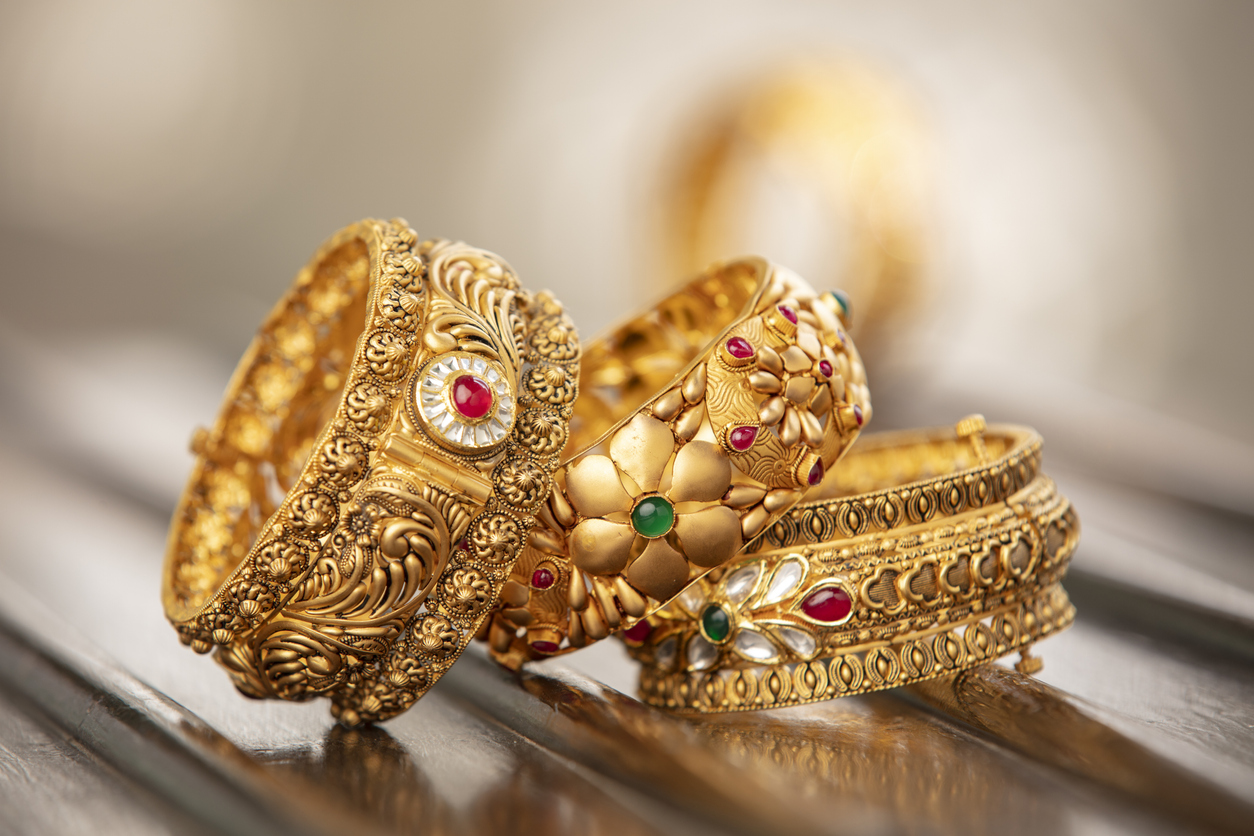
Why Indian jewellers are upset with new hallmarking rules?

The government’s implementation of a Hallmarking Unique Identification (HUID) number among other hallmarking rules has not gone down well with jewellers across the country, who on Monday (August 23) shuttered down their shops as part of a token protest against the decision.
What are the new rules?
The government recently made it mandatory for jewellers to sell Bureau of Indian Standards (BIS)-hallmarked jewellery. Jewellers can only sell gold items in 14, 18 and 22 carats under the new rules. If a jeweller flouts the rules while selling jewellery or artifact, he or she can be penalised five times the cost of the object or face a jail term of up to one year.
The BIS rules also mandated jewellers to provide a unique identification number for every piece of hallmarked jewellery to ensure traceability and protect customers from being cheated.
Why jewellers oppose HUID?
While a majority of jewellers have made peace with the new hallmarking norms, they have a bone to pick with HUID. Many say HUID is against the ease of doing business and is a tardy process involving cutting, melting and scrapping of jewellery which could have been sold.
“The entire process of hallmarking is defeated when the jewellery has been damaged,” ANI quoted Prakash Kagrecha, president of Mumbai Wholesale Gold Jewellery Association as saying.
“The one-day token strike is our peaceful protest against the arbitrary implementation of HUID which is impractical and unimplementable,” Ashok Minawala, a former chairperson of All India Gem and Jewellery Domestic Council said.
Many have called the HUID a tracking mechanism by the government which would encroach on the privacy of both the seller and the buyer.
“We will protest as we face inconvenience in the process of HUID. We promote hallmarking as it signifies purity. However, HUID signifies traceability. Who is selling the product and who is buying the product…all will be recorded. The end customer becomes a part of the process. Buying gold is a culture in India. You cannot be asking all customers that give your phone number, valid id, etc,” Chennai Jewellers Association head Uday Vummidi told ANI.
“If we collect this information, we must be ensured that the privacy of a customer is maintained properly. With the ongoing Pegasus row, we also think about the privacy of our customers. I want the government to assure that the privacy of the data will be maintained,” Vummidi said.
“Jewellers are not against hallmarking. They are against the way the rules are being framed. The purity has been specified as 24 carat. This is not possible as purity should be a matter of customer choice. Hallmarking means that the customer should know what he is paying for. Why should it be restricted to four categories, especially so when it is a hand-based, skill industry. Also, there are very few facilities for hallmarking and the waiting period will be huge. This will hold up investments for a long time. Jewellers are also against the use of unique number identification for various practical reasons. This entails more delays and difficulty for rural artisans,” said Daman Prakash Rathod of The Jewellers and Diamond Traders’ Association Madras.
What is hallmarking?
A hallmark is usually engraved on a piece of gold, silver or platinum jewellery to certify the purity of the metal.
However, hallmarked jewellery are pricier than the ones that are not due to the additional hallmarking charges.
While hallmarking of gold earlier depended on the customer, the government in June made it compulsory to protect buyers from being cheated by sellers. Stating that the new rules will be implemented across the country in a phased manner, the government has identified 256 districts in 28 states and Union territories for the Phase 1 implementation of the guidelines. The rules will be applicable to traders with an annual turnover of above ₹40 lakh.

